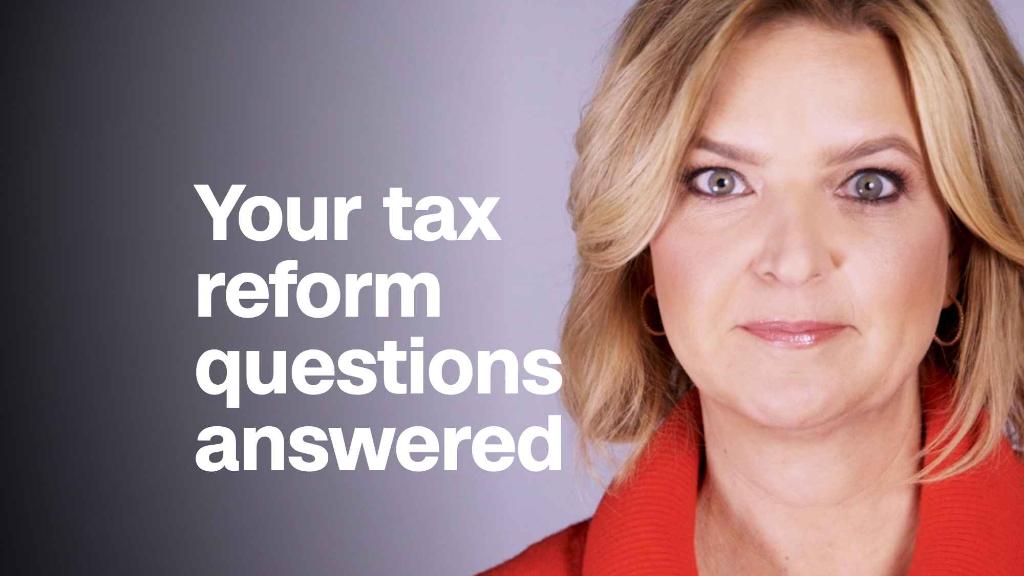
Families in some states may want to wait before using money saved in 529 plans for private school expenses.
While the federal tax overhaul made withdrawals for K-12 tuition tax free, 529 plans are administered by states. And not every state law automatically complies with the new rules. That means families could be hit with a bigger-than-expected state tax bill if they jump the gun.
"About 30 states have language that's compatible with the new law. But about 20 still have to make changes to legislation to comply," said Jim DiUlio, Chair of the College Savings Plan Network and Director of the Wisconsin 529 College Savings Program.
The problem is that some state legislation specifies that a 529 plan must be used for "higher education," while other states simply follow the federal code.
"You may want to wait and see what's going to happen if you can delay a withdrawal for a few months," DiUlio said.
Historically, families could save money in 529 plans and avoid paying federal and state taxes on investment gains as long as they used the money for college-related expenses. More than 30 states also offer a state tax deduction or credit on contributions made to accounts.
But if state laws don't comply to the new provision, families may have to pay state income tax on investment gains withdrawn for K-12 expenses, and may have to repay a deduction or credit already received. States could also impose an additional tax penalty, said Susie Bauer, the 529/UIT Manager for wealth management firm Baird.
"Until the states figure out what they're going to do, we have a lot of gray area," she said.
Related: Why the GOP tax bill is a win for Betsy DeVos' agenda
Illinois officials, for example, have yet to determine whether and how the law can be changed to include the expanded definition, and New York officials say they are evaluating the state tax impact. Both suggested people consult their own tax adviser.
Nebraska's state treasurer has said that without a change to state legislation, those who use 529 accounts for private K-12 schools will not receive any state tax benefits. And legislation introduced this month to modify the state 529 law wouldn't go into effect until 2020.
Some states may delay the change if they've already set their budgets for the upcoming year and worry about the impact on tax revenue, DiUlio said.
Further guidance from the IRS is still expected on what exactly will be considered a qualified K-12 expense.
"Realistically, I think it will shake out in a few months," DiUlio said.
Related: You'll want to double check your paycheck in February
A handful of states -- including Delaware, Mississippi, Missouri, Oklahoma, South Carolina, Virginia, and Wisconsin -- have clarified that a distribution for K-12 expenses will be treated as a qualified expense for state tax purposes. Others are still considering what to do.
Even if your state doesn't automatically comply with the new federal tax break, you should still be able to withdraw for private school tuition without facing federal income tax on investment gains. And the uncertainty probably isn't an issue if your state doesn't have income tax and/or doesn't offer a tax deduction or credit for 529 contributions, Bauer said.
Correction: An earlier version of this story said Kentucky and Oregon were treating K-12 distributions as qualified expenses for state tax purposes. As of January 24, both states were still reviewing the impact of the federal change. This article will be updated as states confirm their plans.
